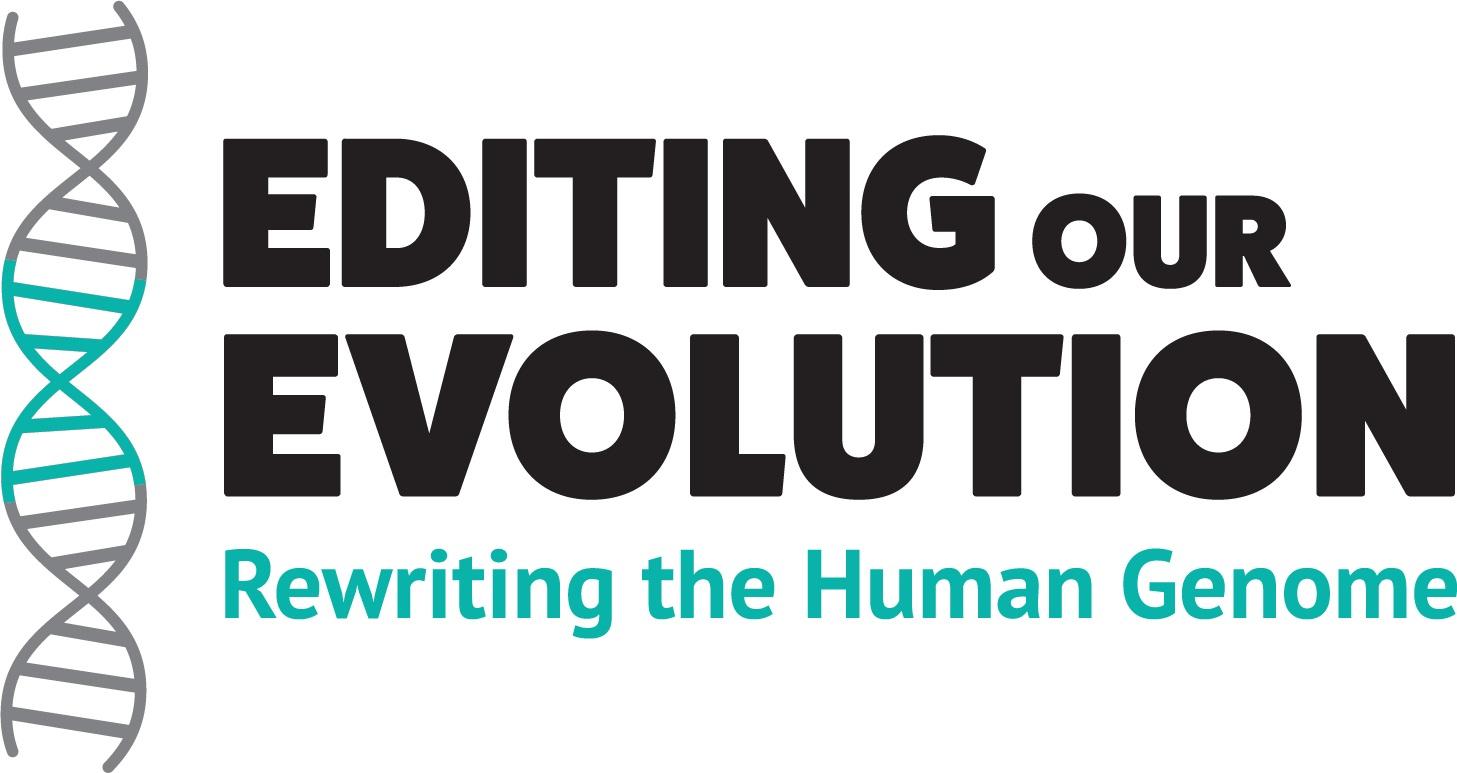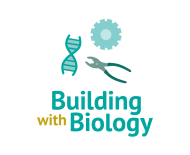DESCRIPTION
As gene editing techniques become more refined, the possibility of editing the human genome is moving from science fiction to reality. In this forum, participants have a chance to discuss the future of human genome editing and important concerns for society to address, such as the connections and distinctions between therapies and enhancements, issues of equity and access, and the potential impacts of making heritable changes to the human genome.
DESCRIPTION
As gene editing techniques become more refined, the possibility of editing the human genome is moving from science fiction to reality. In this forum, participants have a chance to discuss the future of human genome editing and important concerns for society to address, such as the connections and distinctions between therapies and enhancements, issues of equity and access, and the potential impacts of making heritable changes to the human genome.
OBJECTIVES
LEARNING GOALS
1. Although changing the genes of an organism has been possible for a long time, new
human gene editing technologies present inherent risks, opportunities, and benefits for
different people.
2. Everyone has valuable perspectives and views to add to the conversation.
Understanding these perspectives help scientists make better decisions in their
research.
3. Scientist participants will learn about the diversity of public views on the topic of human
gene editing.
4. Non-scientist participants will learn about the potential applications of human
DOWNLOAD FILES
- Editing Our Evolution-Rewriting the Human Genome guide (PDF)
- Editing Our Evolution-Rewriting the Human Genome individual packet (PDF)
- Editing Our Evolution-Rewriting the Human Genome group questions sheet (PDF)
- Editing Our Evolution-Rewriting the Human Genome host countdown slides (PPT)
- Editing Our Evolution-Rewriting the Human Genome double-sided table signs (PDF)
- Editing Our Evolution-Rewriting the Human Genome marketing and social media blurbs (PDF)
- Editing Our Evolution-Rewriting the Human Genome logo (JPEG)
Credits
Museum of Science
This material is based upon work supported by the National Science Foundation under Grant Number DRL 1421179. Any opinions, findings, and conclusions expressed in this material are those of the authors and do not necessarily reflect the views of the National Science Foundation.
Creative Commons Attribution Non-Commercial Share Alike 3.0 United States (CC BY-NC-SA 3.0 US).
View more details

NISE Network products are developed through an iterative collaborative process that includes scientific review, peer review, and visitor evaluation in accordance with an inclusive audiences approach. Products are designed to be easily edited and adapted for different audiences under a Creative Commons Attribution Non-Commercial Share Alike license. To learn more, visit our Development Process page.


